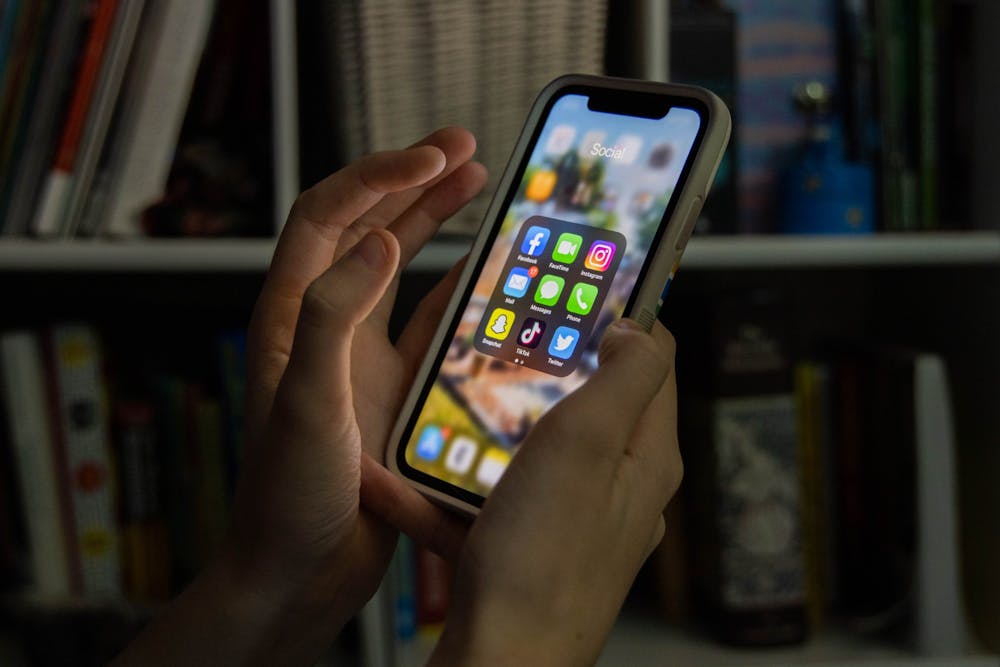As questionable medical advice circulates widely on Facebook, Twitter, WhatsApp and other platforms, and rumors of a national lockdown have spread across group chats and text chains, the novel coronavirus has exposed Americans to a second epidemic — that of fake news.
The World Health Organization is calling it an "infodemic": Nearly half of Americans say they've been exposed to at least some fabricated information about the coronavirus, a Pew Research Center Election News Pathways survey found.
Fake news is dangerous, even when it’s shared with the best of intentions. And in the midst of a public health crisis, it can lead to further harm. An Arizona man died Saturday after ingesting chloroquine phosphate, believing it would protect him from becoming infected with the coronavirus. The man's wife told NBC News she'd watched televised briefings during which President Trump talked about the potential benefits of chloroquine. Trump has minimized the risk the coronavirus poses to the country for weeks, even calling it a hoax overhyped by Democrats.
With misinformation pervasive on social media, the tech industry’s ability to crack down on harmful content is being tested. Industry giants Facebook, Google, LinkedIn, Microsoft, Reddit, Twitter and YouTube published a joint statement voicing their commitment to fighting misinformation surrounding the coronavirus pandemic. Pop-ups and a new COVID-19 information center on Facebook, for example, have directed more than one billion people to resources from the WHO, the Centers for Disease Control and regional health authorities, the company said in a press release.
There’s still plenty of reliable information out there, though. Newsrooms across the country are working around the clock to ensure people can access factual information from legitimate news sources. Many publications have even increased accessibility by lowering their paywalls for coronavirus coverage.
But they can’t do it alone. As we all adopt social distancing measures in hopes of containing the outbreak, we must also do our part to flatten the misinformation curve and fight fake news whenever we see it.
Here are some easy ways you can help curb the spread of fake news:
- Arm yourself with the facts. Spend some time reading up on the basics so you can more easily identify what’s false.
- Think before you share. Don’t share information that can’t be verified by a reputable source.
- Speak out when you see others spreading information that is incomplete, unconfirmed or false.
- Check your own biases — particularly confirmation bias — by getting out of your information comfort zone.
- If you can, check your local news source daily, and encourage others to do the same (a great way to do this is to subscribe to daily news briefings via email!).
- Google is your friend! Fact-checking organizations are working hard to fight this infodemic, and chances are the rumor you’re seeing has already been debunked.
- Check the date and time the information was published. COVID-19 news and recommendations can change by the minute.
- Leave the health advice to the professionals — not your Facebook friends or Twitter mutuals.
COVID-19 is the world’s first social media pandemic, and we all have a responsibility to fight back — especially when misinformation can have life-and-death consequences. Stay informed, and stay safe.



